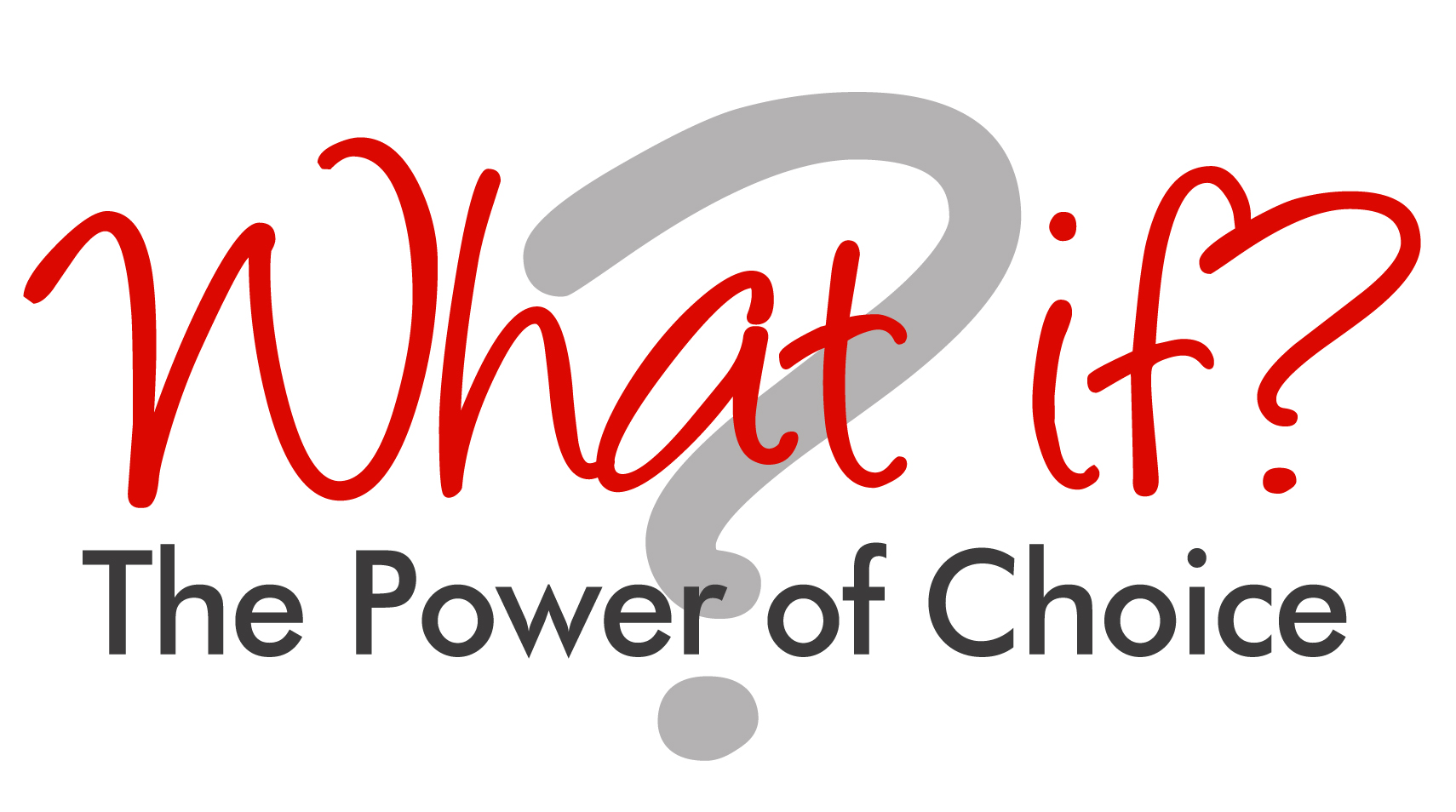By Joeel A. Rivera, M.Ed.
Life is an adventure or a struggle.
It’s a learning experience or a battle.
It all comes down to perspective—how we choose to see things in our lives. Our experience depends on the meanings we give to the circumstances that we experience.
The Message in the Emotion
Now don’t get me wrong, there are experiences in life that feel grueling and overwhelming, and it is okay to acknowledge them. It’s important to accept our feelings for what they are because we don’t want to live in denial or pretend that we don’t feel a certain way. If we stay in denial, we won’t get what we need from an experience to grow. You see, our emotions are our biggest indicators that there is something we have to look at, change, learn, or address.
The key to receiving the message contained within an emotion and the circumstances surrounding it is to be able to see it for what it IS, not worse than it is.
Assigning Meaning
Ask yourself, “What can I learn from this, how will this help me grow, how can I find meaning from this experience, and how will this help me contribute to other people’s lives?”
The meaning that we give to any experience will define what we do with that experience, and in the long run these judgments ultimately define how we see and interact with the world around us.
Staying Present
When we are truly present and in the now the mind loses its power to project problems. Our mind can be very tricky and sneaky—it likes having problems and will try to distract us into thinking about past or future ones. One of the questions that always helps me get in the now when my brain wants to be tricky is, “I wonder what my next thought will be?” When I become the observer something interesting happens: I tend not to have any thoughts and my mind becomes quiet. It is almost as if it knows that someone is observing it, and it does not want to give away what it is doing. This quietness allows me to change my point of reference; it allows me to change the questions that I ask.
Asking Good Questions
Our mind’s true power lies in the questions we ask of it because we will seek the answer to those things that we ponder. A number of people can have the same situation happen but all of them will have a different experience depending on the questions they ask themselves. For example, while experiencing the same failure, some people may get into victim mode and wonder, “Why does this have to happen to me?” while another person may go into exploration mode and contemplate, “I wonder what I will learn from this that will open up doors and opportunities?” Some may go into the blaming mode and say, “If it was not for him this would never have happened!” One person may go into hopelessness and think, “I don’t even know why I try,” while others may look at it and ponder, “How can I win this game?” The difference in the experience among people will always be determined by what questions they ask themselves and what meaning they attach to a situation.
What If?
A great place to start reevaluating your questions is with your “what ifs.” Instead of asking, “What if this goes wrong in my life?” or “What if I can’t do that?” or “What if this person reacts in this negative way?” consider asking yourself “What if today is the best day of my life?” or “What if I come across unexpected money?” or “What if today I experience true love or a deep connection with someone?” You may not get all your new “what ifs” in the way that you may want them, but I guarantee that you will experience life in a very different way than you have up until this point and that you will feel much better throughout your day. Why? Simply because your mind will look for the positives contained within your questions.
Your body also responds the same way to your expectations and questions. For example, if you ask yourself “What if I feel pain in my knee today?” your body thinks that you’re telling it that it needs to produce pain. With your words and thoughts, you’re telling your body and your mind how to react to situations, how to interpret those situations, and what to do with those situations. You have the choice to spend more time thinking of what can go right instead of thinking what can go wrong. You can choose to focus on what you want to feel and experience instead of focusing on what you don’t want to feel and experience. It may take time to change the questions that you have become accustomed to asking yourself; however, before you know it you will ask these new questions naturally.
Give yourself the gift of choosing different “what ifs.”
Joeel A Rivera, M.Ed., is a visionary, entrepreneur, and motivational speaker. From an early age, Joeel faced adversity, including immigrating to the United States, failing his freshman year of college, losing his brother, and being in a nearly fatal car accident. These experiences inspired him to return to college, where he earned a Master’s Degree in Education and is currently completing his dissertation for his Ph.D. in Psychology, with an emphasis on happiness. Joeel opened a non-profit teen center in honor of his brother and developed curriculums for the Juvenile Justice System. In almost a decade, Joeel has reached over ten thousand people as an educator, entrepreneur, speaker, and consultant. Visit www.joeelandnatalie.com.






